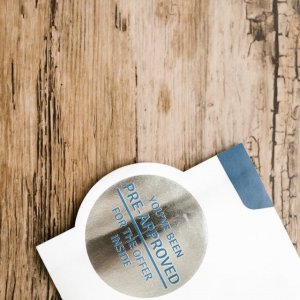Bankruptcy - Income and Expenditure Case Study Number 1
Background
Jerome is a bachelor. He rents a flat. He normally receives £1400 take home pay each month.
Following his bankruptcy Jerome no longer has to pay any sum to eight credit card companies to which he owed £40,000. His monthly costs of living (rent, food, gas, electricity, travel, clothing etc) come to £1200.
Question
Is Jerome to be requested by the Official Receiver to pay £200 per month under an Income Payments Order or unde an Income Payment Agreement?
Answer
The answer is yes and no.
In the first year of the bankruptcy Jerome's take home pay is likely to increase from £1,400 for the period to the following 5 April owing to the fact that no tax will be payable in that period. (Click here to read the relevant paragraph of the layman's guide).
If, consequently, the take home pay for that first period rises to say £1,600 per month, then the Income Payments Order for the first period (to the following 5 April) would be approximately £400 per month.
For the remainder of the three year bankruptcy period Jerome's take home pay would return to being £1400 per month and his Income Payments Order would then reduce to £200 per month.
Comment
Never sign an Income Payments Order unless you have first taken professional advice.
For advice and a FREE INITIAL MEETING please contact us.
Would you like us to give you a call?
Fill in the form and we'll give you a call as soon as we can to discuss your needs in a free initial consultation with a Licensed Insolvency Practitioner. Alternatively give us a call on 01326 340579 if there is an urgency to your needs.
The information provided will be used solely to contact you and any information you provide will be held in accordance with our firm's privacy policy, and not used for marketing purposes.






